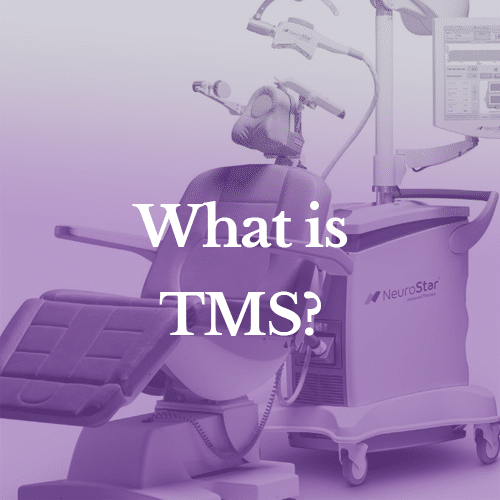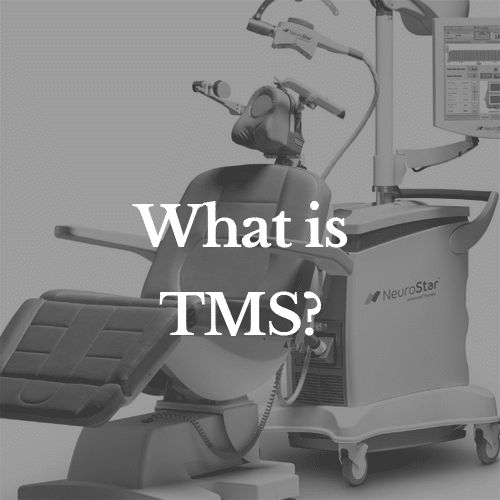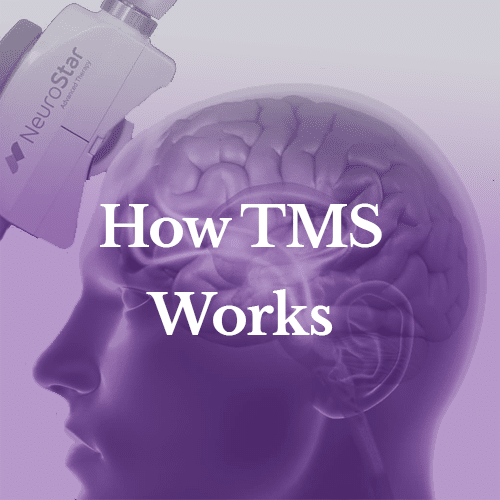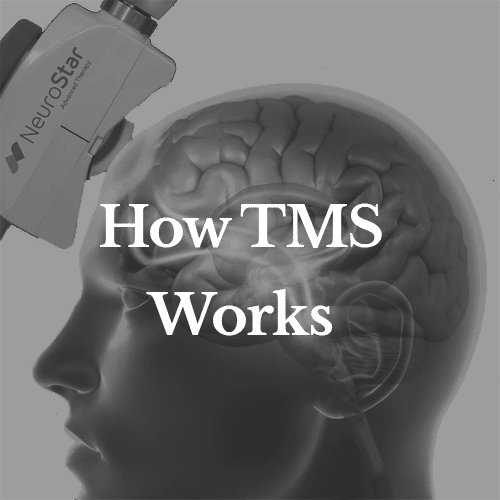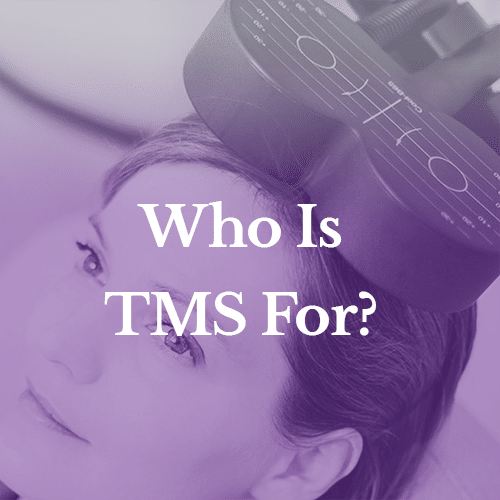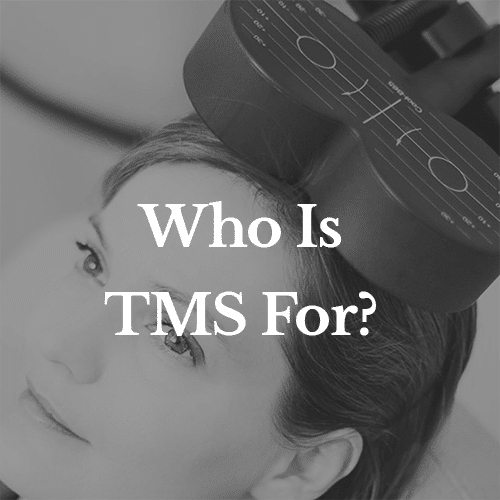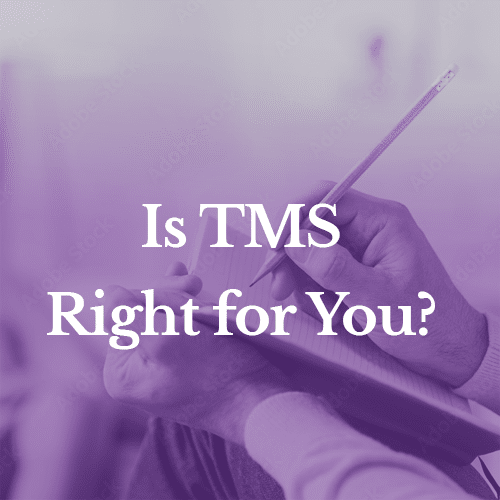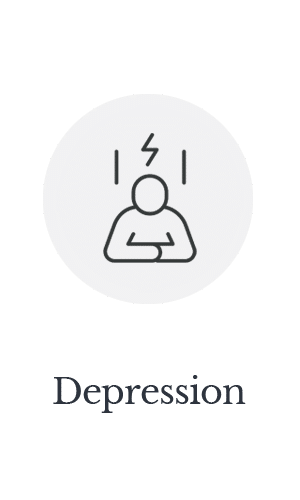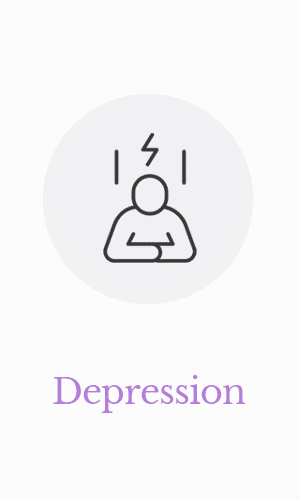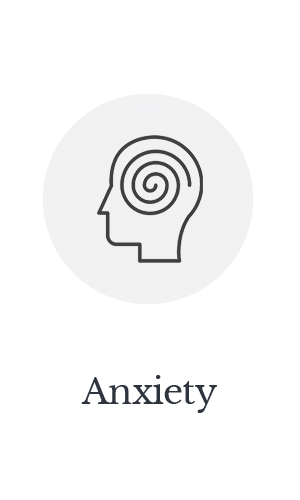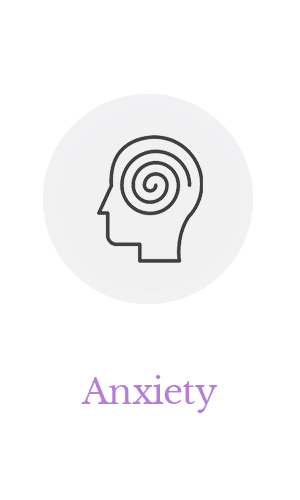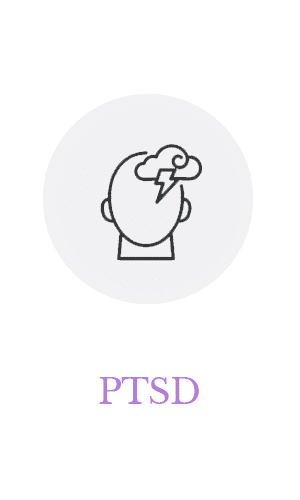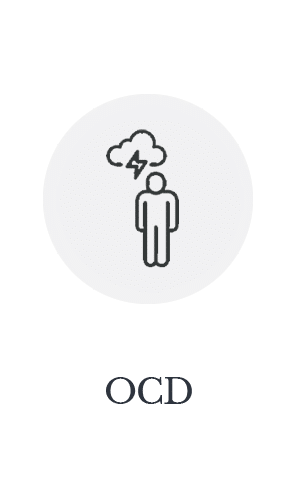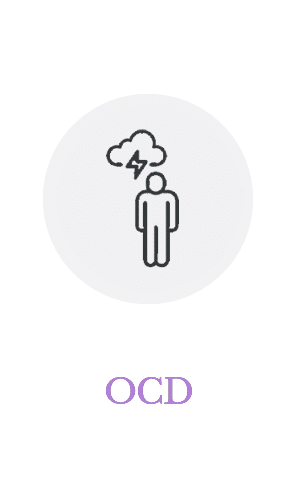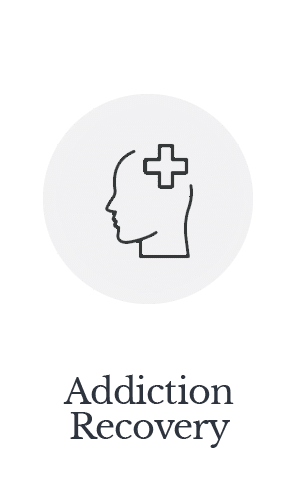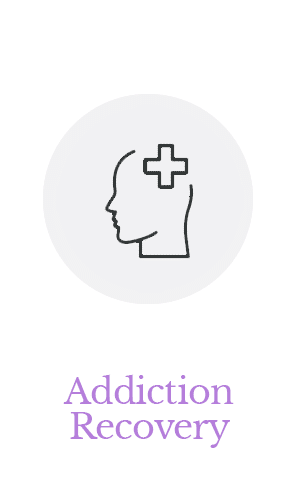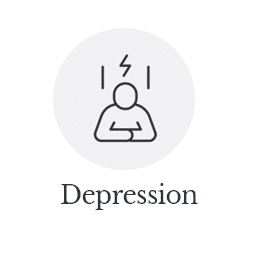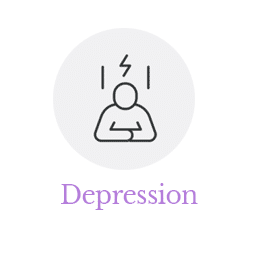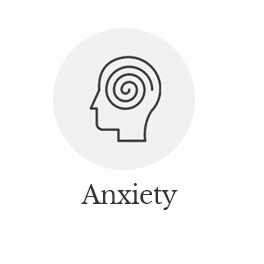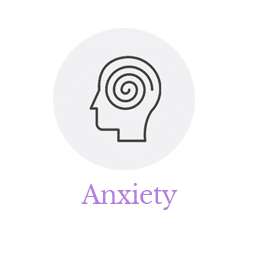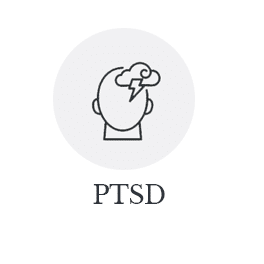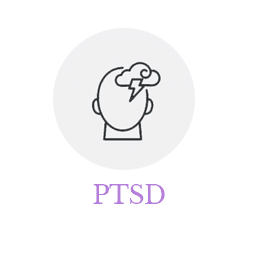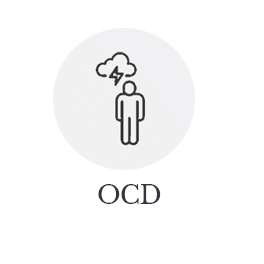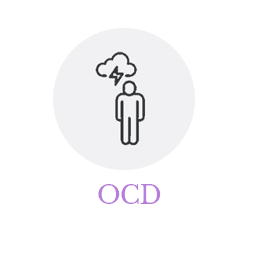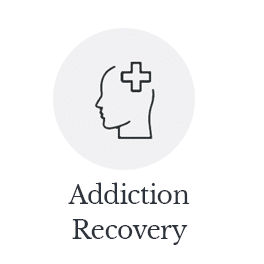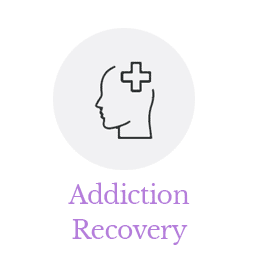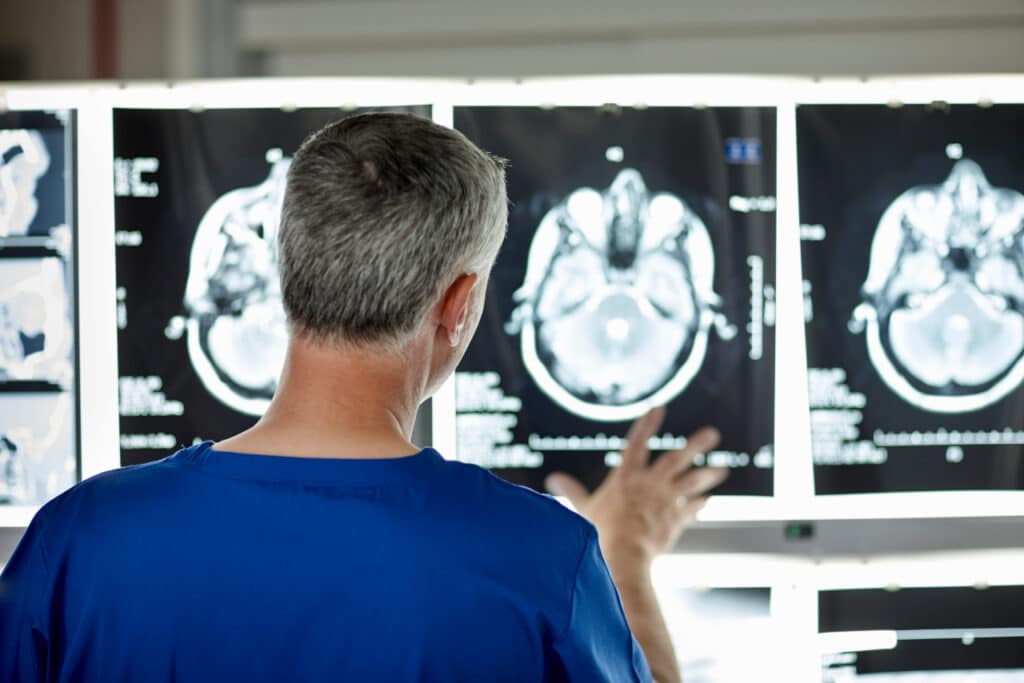Depression is a debilitating condition that causes a significant decrease in life quality. While many treatments exist, they don’t always work. Transcranial magnetic stimulation (TMS) is a revolutionary solution that uses magnetic fields for nerve cell stimulation.
Many people are worried about trying transcranial magnetic stimulation since it directly affects the brain. However, this non-invasive procedure has been demonstrating impressive results. The FDA-approved brain stimulation for treating depression was back in 2008. Since then, numerous studies have confirmed repetitive transcranial magnetic stimulation and its positive effect.
How Does TMS Affect Brain Health?
While depression is a highly treatable condition, some patients don’t react to standard procedures and medications. That’s where TMS comes in. While TMS is an electroconvulsive therapy, it involves sending electromagnetic impulses into specific areas of your brain to aid depression symptoms.
The impulses affect the nerve cells that demonstrate decreased activity during the depressive disorder. One brain stimulation therapy treatment can last between 20 and 40 minutes.
The doctor determines the number of treatments based on efficiency and the patient’s medical history. Usually, a person needs between 20 and 30 procedures. The effect can last for years.
Does TMS Negatively Affect the Brain?
Over the past 14 years, TMS demonstrated positive results for many treatment-resistant depression patients. The magnetic field produced by the TMS machine is similar to those used by the MRI (magnetic resonance imaging machine). The equipment generates highly concentrated magnetic impulses that turn on and off quickly.
The magnetic field doesn’t affect the entire brain. It impacts the specific brain areas located under the treatment coil. A doctor determines precisely where to put the coil to achieve the best results.
When the magnetic field moves through the brain cells, they create small electric currents. These currents activate nerve cells that release serotonin, dopamine, and norepinephrine. The treatment aims to stabilize these chemical messengers, the disbalance of which may be the main cause of depressive symptoms.
Can TMS Have Negative Effects on the Brain?
Over the past 14 years, doctors and researchers identified certain negative side effects of TMS. However, all of them are mild. None have any long-lasting negative symptoms on the brain.
Rare side effects of TMS sessions include:
- Mild headaches that pass quickly
- Lightheadedness
- Mild pain in the scalp
- Neck pain
- Sleepiness
- Mild discomfort during treatment
- Seizures (very rare)
Side Effects Due to Metal
There are some contraindications to a TMS session. They generally have to do with metal objects in or around a patient’s head, which can react to the magnetic pulse. Some examples of metal objects that could make TMS therapy unsafe for a person include:
- Cochlear implants
- Metal stents
- Aneurysm clips
- Any type of medical implant that contains metal
- Tattoos with magnetic or magnetic-sensitive ink
Before arranging TMS, a healthcare provider always asks about metal objects that may interfere with the treatment. It’s up to the patient to be straightforward about their medical history. Otherwise, TMS may cause health issues, including life-threatening situations.
The doctor will likely approve the treatment option if a patient has no metal objects in or around their head.
Common Misunderstandings About TMS Therapy
Despite many years of research and FDA approval, many people are still hesitant about trying TMS therapy. The root of the problem is the skewed perception of brain treatment that goes back to old movies and stories about asylums, mad doctors, dirty instruments, and the like.
In reality, TMS treatment is non-invasive, not painful, and safe. Many years of studies confirmed the lack of long-term side effects of TMS on brain health. The level of magnetic exposure that a patient receives is minimal. In comparison, during MRI, a person is much more exposed.
There is currently no evidence linking TMS to brain problems, tumors, or memory loss. Today, it’s one of the safest treatments that can have an impressive therapeutic effect on people with depression.
How Much Safer is TMS Than Other Treatments?
While patients worry about TMS and brain health, they often overlook the common side effects of other depression treatments. Depression is a serious condition requiring a comprehensive treatment approach, which generally includes strong medications.
In most cases, traditional therapies that treat depression have many more side effects than TMS. For example, antidepressant meds could lead to sexual dysfunction, weight gain, GI tract problems, and more. TMS doesn’t lead to similar consequences.
Many people who face depression don’t know about all the available treatment options. They tend to ask their doctors about antidepressants and get a prescription. Meanwhile, TMS is a much safer treatment option that can demonstrate impressive results after a few weeks of treatment.
What Is the Success Rate of TMS Therapy?
Many people are worried that therapy, which doesn’t have any serious side effects, may not be effective. While safe for brain health, TMS therapy has a success rate of 50% to 60%. This rate is for patients who have tried other depression treatments and failed.
People who opt for TMS therapy feel its positive effects for many months after the treatment. Some patients come back to repeat the therapy after a year.
Get TMS with Inland Empire TMS in Riverside
TMS therapy must be done in a doctor’s office or a clinic. The success of TMS treatment directly depends on the healthcare provider’s professionalism and the equipment’s quality. That’s why browsing the available options is essential to get the best services.
At Inland Empire TMS in Riverside, a team of dedicated professionals focuses on achieving top results and improving each patient’s well-being. The clinical team at Inland Empire has years of experience with TMS equipment and therapy options.
With Inland Empire TMS, long-term depression remission without serious medications is possible. Learning more about treatment options can help people with depression get their life back on track. Contact us for more information and to learn about how we can help.

